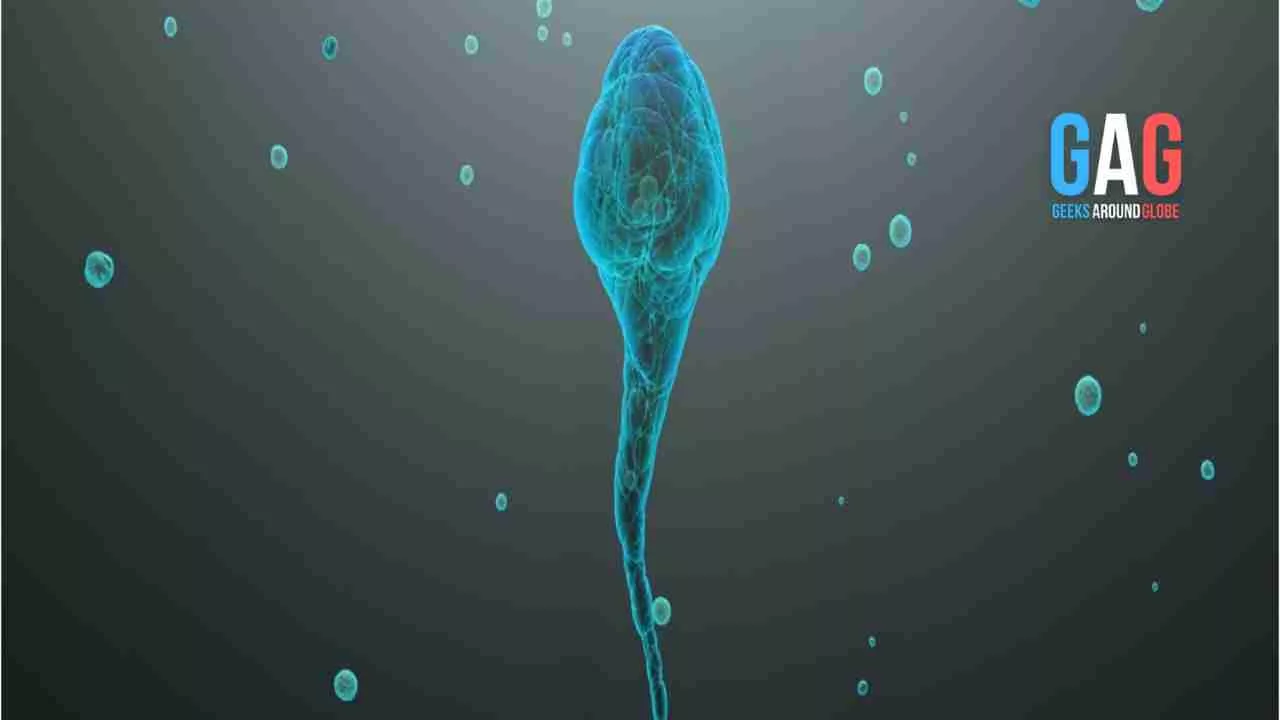Recent estimates how that about 60,000 children in Australia have been born from donor sperm. Therefore, donor sperm offers a valuable and viable solution for couples with genetic medical conditions or male infertility, same-sex couples and single females who want children.
Things to Contemplate
It is crucial to evaluate the process’ suitability before considering donor sperm. One of the most significant things to account for is the potential that once your children grow up, they may ask questions regarding their genetic history. So naturally, you must seriously ponder the effect that being born from a donor will have on such conversations.
Keep in mind that in cases of sperm donation in Australia, children also have the right to know the donor’s identity when they turn 18 years old. Therefore, you must evaluate the possible impact of this information before going down the donor route.
Which Donor Should I Pick?
When working with donor sperm, you can choose between an ‘identified donor’ (someone you know) or a ‘de-identified donor’ (someone you don’t).
Tightening legal restrictions now requires all donors to be cleared of sexually transmitted diseases. Additionally, they must not carry certain genetic conditions. So, you can be confident that any donor you select will be free of any medical conditions that may pose a risk to you or your child. Moreover, if you opt for a ‘de-identified donor’, you will be granted access to the donor’s information, including their physical attributes, occupation and-most importantly- medical history. Having this dataensures you are well-informed about the donor of your choice.
Types of Treatment
The two major types of sperm donor treatment are Intrauterine insemination (IUI) and In-vitro fertilisation (IVF). IUI refers to instances where the sperm gets inserted into an ovulating female’s womb. Conversely, IVFis when the doctor removes the female’s eggs from the body, uses sperm to fertilise them, and then insertsthem back into the womb.
You must seriously consider the success rate and invasiveness level when weighing IVF and IUI. Although the latter is not invasive, it is less likely to lead to a pregnancy.
The Law and Donor Sperm In Australia
Australian law states that a sperm donor will not appear on the child’s birth certificate, nor do you have any financial obligation to the child. On the other hand,you can’t be financially compensated for any sperm donation. However, despite these protections, please note that any donor sperm sourced outside the clinical system may face legal impediments.
Anonymity and Donor Sperm
Although sperm donation was previously anonymous for donors, there have been some significant changes in Australia to the system. Instead, a stringent process is in place that restricts who can donate. In addition, current controls affecting medical history and age ensure that only suitable candidates can donate.
In addition, a record is made when you donate sperm, and a pregnancy occurs. This record becomes the information the child is granted about you as the donor when they turn 18.
Donor sperm serves as a lifeline for many couples struggling with infertility. So, consider the above information carefully if you want to donate sperm in Australia. But if you have any concerns about the process and your eligibility, don’t hesitate to consult a medical professional.







